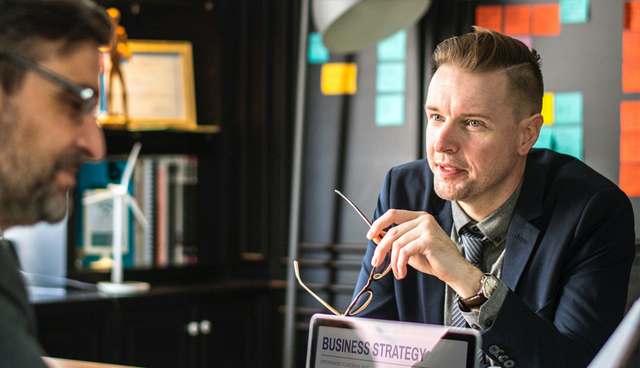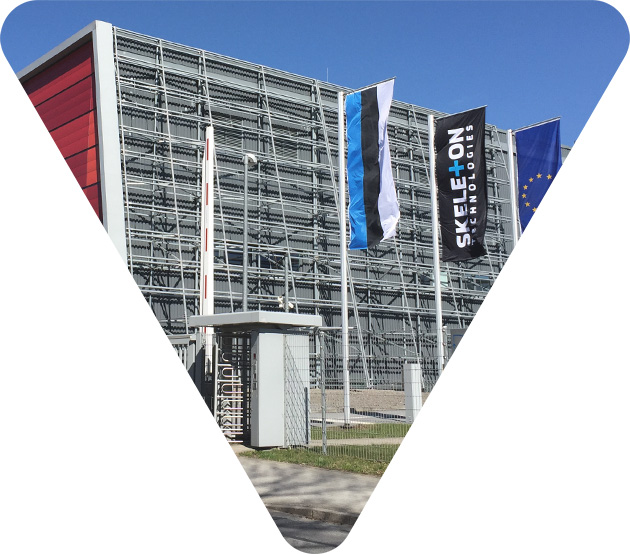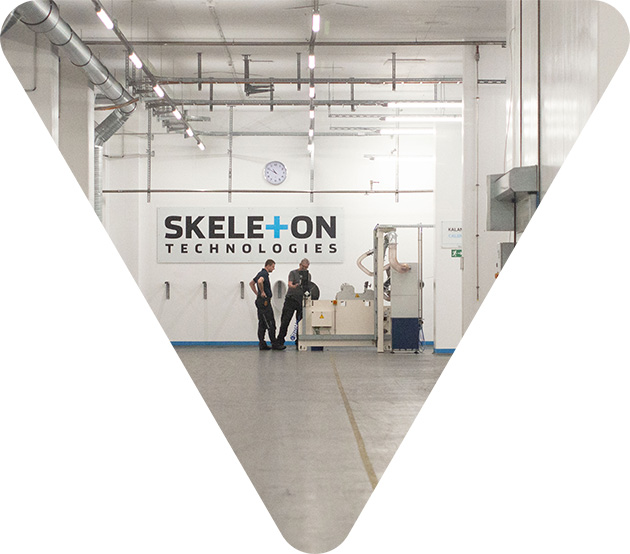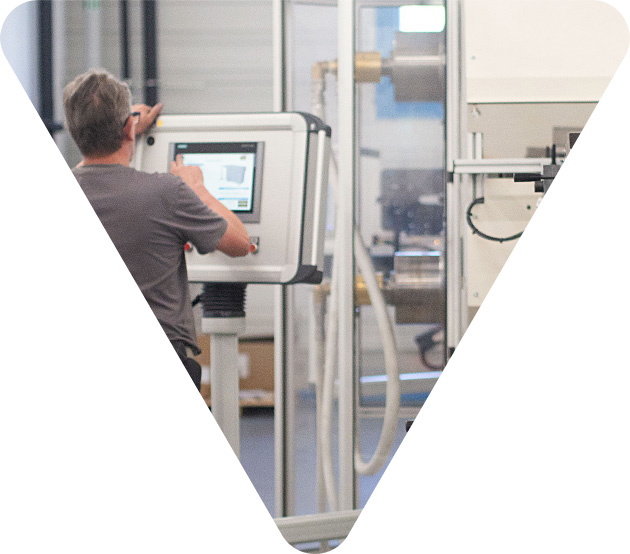Not a bump in the road home
Bucking the trend, the Huckes’ return went entirely smoothly. "We only applied for one flat in Dresden, and we actually got it. Within a good 4 weeks, our children had places in daycare facilities basically just round the corner”, Hucke recounts. People who move a lot develop a kind of routine and know what to do, and how. They thus planned the move to Dresden for the start of May, when the job at Skeleton began. Warmly welcomed back into the circle of their family and old friends, the returnees are now enjoying Dresden's cultural offerings and the countryside of Saxon Switzerland. “The city and its environs have developed a good deal” Thomas Hucke comments, before linking the topic back in with his field of work: “One big advantage here is the support provided by the regional government and the economic development office. In the technology sector, the region can stand up tall alongside the big players in Germany.”
Ms Genschow adds that thanks to the nearby technology cluster, there are plenty of connections to be made in the local area. The people there are open-minded and focused on doing good work and building lasting partnerships. The two believe that these advantages deserve even more marketing, as the region could use a slightly more “polished” image. “Unfortunately, it still leaves a different impression if a year in Munich or a year in Dresden appears on your CV”, Sophie Genschow says. However, the burgeoning region is is developing in leaps and bounds, attracting innovative start-ups such as Skeleton.







